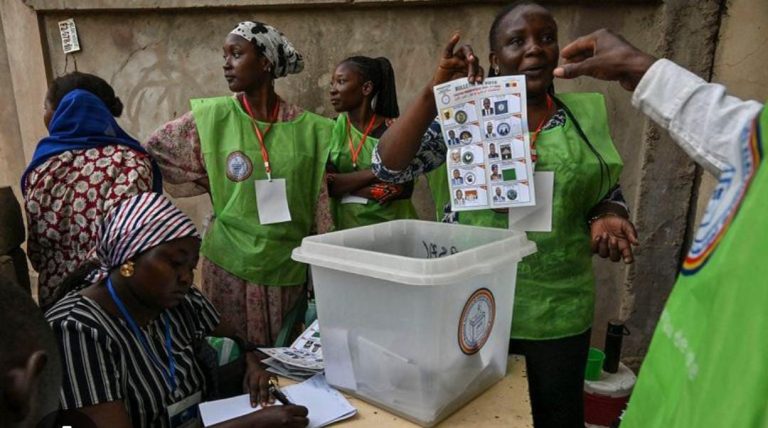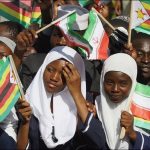Elections in Chad: low turnout and controversy
On Sunday, nearly eight million Chadians were called to vote in legislative, provincial, and local elections. This vote, considered by the regime as a decisive step in the ongoing political transition, was marked by low voter turnout and allegations of fraud from the opposition. According to the National Agency for Election Management (ANGE), the national voter turnout reached 52.37%, while in N’Djamena, it was limited to 36.22%.
Abdelaziz Koulamallah, a candidate for the Federal Party for Justice and Development (PFJD) in N’Djamena, denounced significant irregularities. In a video posted on his Facebook account, he accused the authorities of allowing soldiers to vote without proper identification, with some reportedly voting dozens of times. These claims add to the decision by several opposition parties to withdraw from the electoral process in certain districts of the capital.
As per electoral tradition in Chad, soldiers, police officers, and nomadic populations voted early on Saturday. ANGE recorded turnout rates exceeding 72% for the military and 54% for nomads. Despite these figures, Succès Masra, leader of the main opposition party, Les Transformateurs, claimed that the boycott call was widely heeded by voters, who were convinced that the results were pre-determined. According to him, “Chadians know that the results are fabricated on computers,” and “the majority stayed home.”
The elections took place amid a tense political climate following the April 2021 coup that brought Marshal Mahamat Idriss Déby Itno to power after his father’s death. The head of state and his ministers participated in the voting process, urging citizens to join them in what they called a “historic day.”
As vote counting continues, allegations of fraud and the low voter turnout cast doubt on the legitimacy of the electoral process and raise questions about the country’s political future.
-

Senegal’s Revised Budget Reveals Widening Fiscal Deficit Amid Data Scandal
Edited By : Widad WAHBI Senegal’s newly amended draft budget for 2025 projects a fiscal deficit of 7.82% of GDP—an increase... Economy -

Togo Protests Result in Seven Deaths Amid Rising Political Tensions
Edited by: Fatima BabadinThe protests that erupted in late June in Lomé, Togo, have resulted in at least seven confirmed... West Africa - Sahel -

UN Hails DRC–Rwanda Peace Agreement as Pivotal Step Toward Regional Stability
Edited By : Widad WAHBI The head of the UN peacekeeping mission in the Democratic Republic of Congo (MONUSCO), Bintou Keita,... Conflict prevention -

Somali Army Kills 18 Al-Shabaab Militants in Precision Airstrike
Edited By: Widad WAHBI The Somali National Army has killed 18 members of the extremist group al-Shabaab and destroyed two military... Security trends -

Senegal Faces Economic Challenges Amidst Undisclosed Debt Revelations
Edited by: Fatima BabadinThe Senegalese government has officially postponed the release of its quarterly fiscal reports for the past two... Economy -

Guterres Denounces Violence Against UN Forces in Central African Republic
Edited by: Reda El GhazalThe United Nations has voiced strong condemnation following a lethal incident targeting its peacekeeping personnel in... Security trends

 Follow the latest news on WhatsApp
Follow the latest news on WhatsApp  Follow the latest news on Telegram
Follow the latest news on Telegram  Follow the latest news on Google News
Follow the latest news on Google News  Follow the latest news on Nabd
Follow the latest news on Nabd 


















